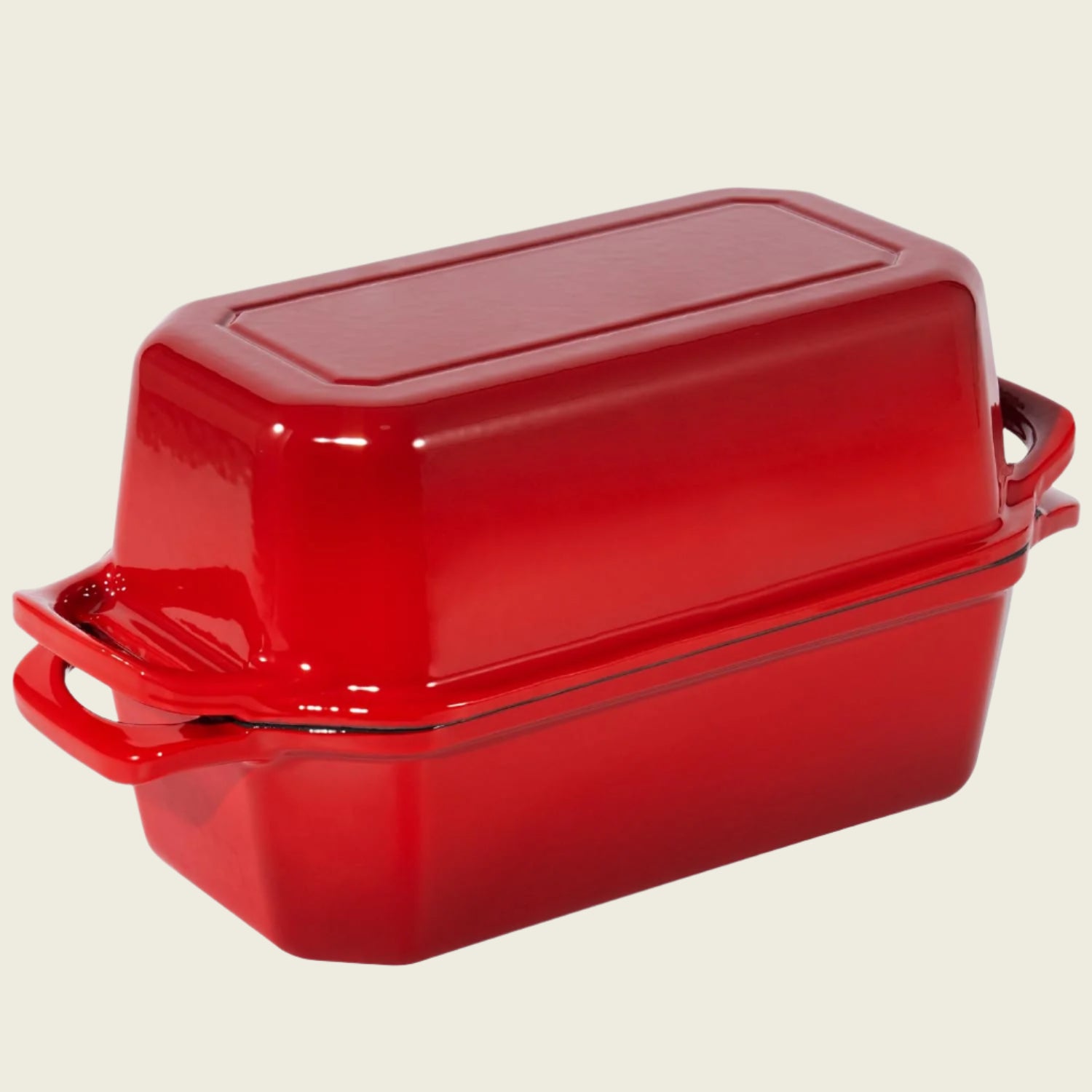Why Sourdough Bakers Worry About Their Starter (And Why They Probably Don’t Need To)
Share
Staring into the jar on the kitchen counter, it's easy to feel a wave of uncertainty. Is it bubbly enough today? Did it rise the way it should? Is that smell normal? These are the kinds of questions that sourdough bakers—especially those just starting out—grapple with all the time. The worry is real, and oddly personal. It doesn’t take long for a mix of flour and water to feel like something more. A companion. A pet. A project you’ve raised from scratch.
That bond forms fast. Especially if the starter was created from nothing—just flour, water, time, and patience. Watching the first tiny bubbles form feels like witnessing life spark into being. Feeding it regularly becomes a routine, almost like a ritual. And then, without even noticing it, you start caring—really caring—about this little microbial ecosystem living in a jar.
And the more time invested, the higher the emotional stakes. You start hearing stories about starters that have been passed down through families for generations. Starters that date back to the Gold Rush. Even an ancient one revived from Egyptian ruins. The weight of history only deepens the attachment. It's no longer just about baking bread—it's about being part of something much bigger.
But that attachment is also what fuels the fear: what if it dies?
This anxiety is incredibly common. So many bakers, new and experienced alike, worry that one wrong move—a missed feeding, a too-warm counter, a forgotten fridge stay—will destroy everything. But here’s the truth that often gets lost in the nerves: sourdough starters are far tougher than they seem.
At their core, starters are robust microbial communities made up of wild yeast and lactic acid bacteria. And these aren't fragile, finicky organisms—they’re survivors. Their evolutionary history stretches back over a billion years. These microbes have outlasted mass extinctions. They’ve adapted to extreme environments. They're not going to vanish just because they sat out an extra hour.
In fact, controlled experiments have shown just how resilient starters can be. Starters subjected to high heat—literally baked at temperatures upwards of 175°F—still bounced back after the scorched parts were removed and the survivors fed. One even survived an accidental stint in the microwave. Another was sealed tight in a jar within a jar, without access to fresh air, and still managed to recover. They’ve been bombarded with foreign ferments like kombucha and kefir, frozen, neglected, even abandoned behind a burrito—and yet, many of them pulled through.
That kind of resilience is important to remember. Yes, sourdough starters are alive. Yes, they benefit from care and consistency. But they’re not delicate little flowers. They’re more like dandelions—persistent, adaptable, and remarkably hard to kill.
So what should you do to keep a starter healthy and avoid unnecessary stress?
The basics are simple:
-
Keep the jar loosely covered so gases can escape. An airtight seal isn’t necessary—and could be counterproductive.
-
Feed regularly, but understand your starter’s rhythm rather than sticking to a rigid schedule.
-
Use good flour and non-chlorinated water, as chlorine can damage microbial activity.
-
Watch, don’t just clock—understand the natural rise and fall of the starter so you know when it's hungry versus when it's thriving.
-
Don’t panic if it collapses—this is often just a sign that it’s ready for its next meal, not that it’s dying.
Even if a starter becomes sluggish or overly acidic due to inconsistent care, there’s usually a path to recovery. With warmth, fresh flour, and time, most starters can regain their strength.
The relationship with a starter is, in many ways, a reflection of the relationship with baking itself: part science, part intuition, part history. And like any living process, it comes with fluctuations. But instead of fearing those moments of doubt, it helps to reframe them. That sluggish starter probably isn’t dying. It’s just waiting for the next opportunity to thrive.
In the end, sourdough baking isn't about perfection. It’s about patience. And your starter? It's almost certainly tougher than you think.
